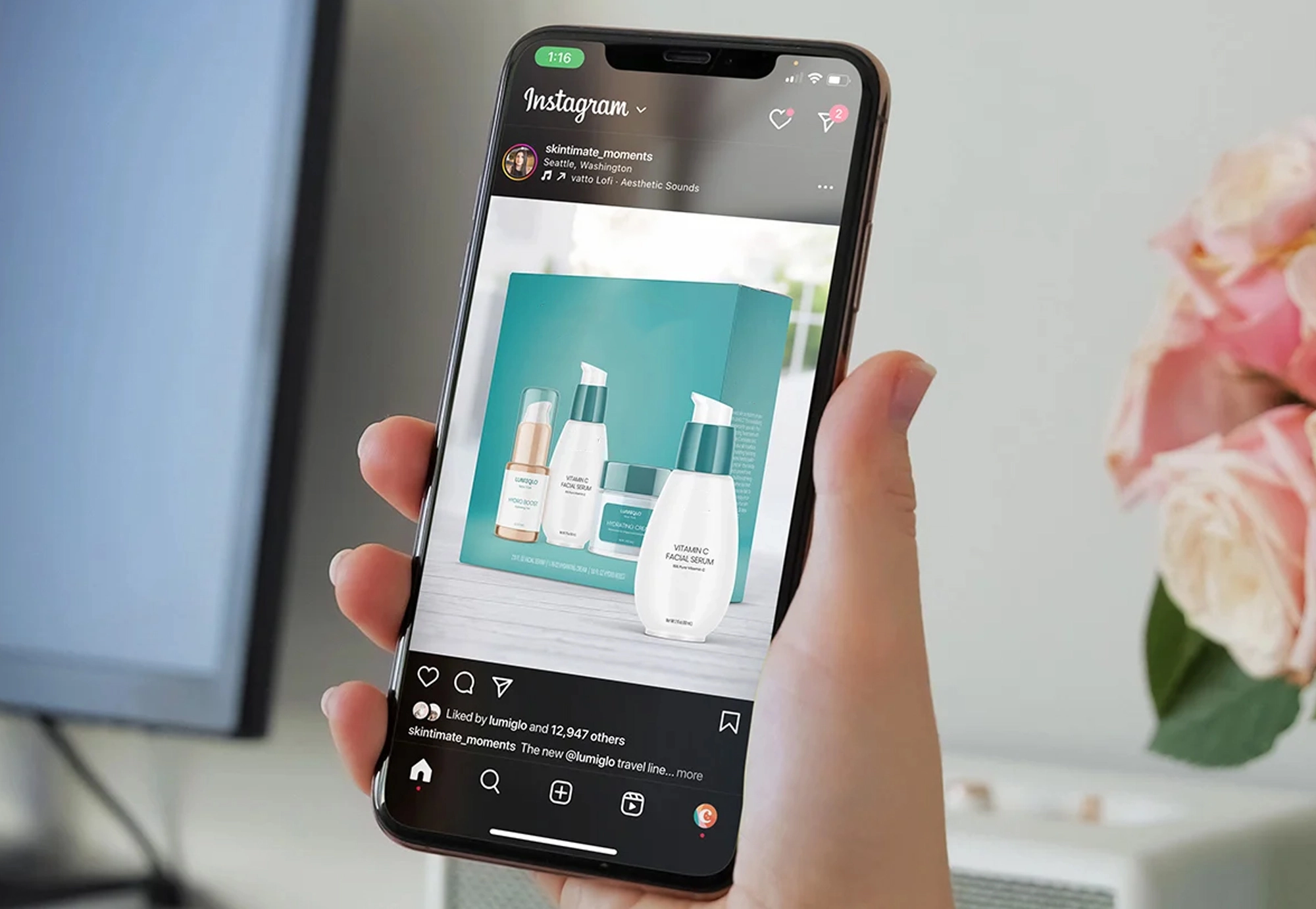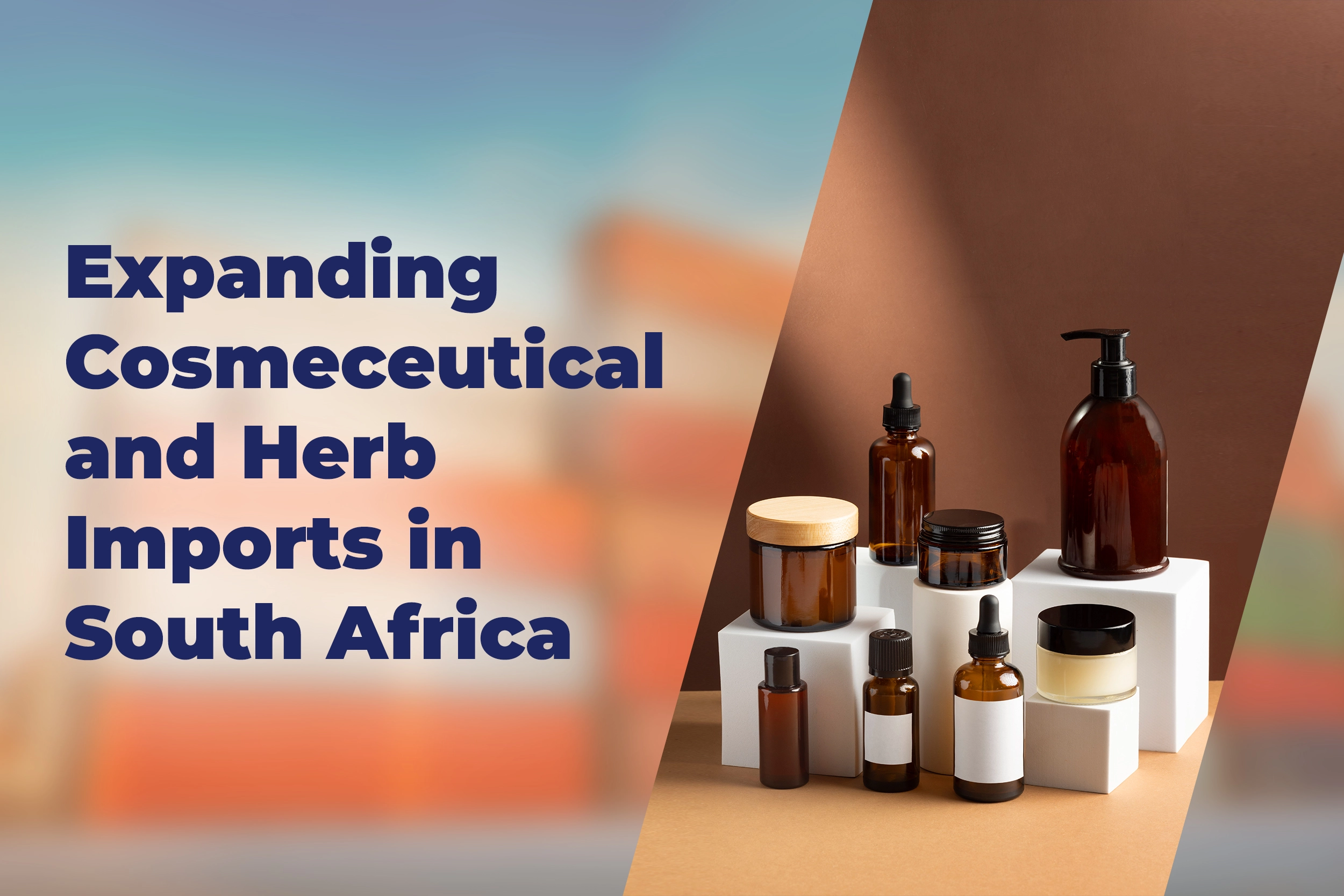Strategies for Cosmeceutical and Herb Importers to Expand in the South African Market
South Africa’s cosmeceutical and herbal product market is booming, with a sharp rise in consumer demand for clean, natural, and effective wellness solutions. For local importers and distributors, this presents a unique opportunity to scale rapidly — especially by collaborating with trusted Indian exporters who bring rich heritage, high quality, and affordability.
Here are key strategies importers in South Africa can use to build a winning market presence:
1. Forge B2B Partnerships with Indian Manufacturers
India is a global hub for Ayurveda, Siddha, and plant-based skincare science. Forming direct relationships with Indian manufacturers allows importers to:
- Reduce sourcing costs
- Ensure product authenticity
- Tap into a diverse portfolio (serums, oils, herbal capsules, masks, etc.)
- Co-create exclusive formulations tailored to South African consumers


2. Embrace Omni-Channel Distribution
Consumers today explore and buy across platforms. Importers should adopt a multi-channel strategy that includes
- Botanical ingredients known for anti-aging and healing properties
- Multi-functional products, such as serums and masks, that offer nourishment and treatment in one
- Ethical and eco-conscious brands that promote cruelty-free and sustainable sourcing
3. Leverage Influencer & Herbal Beauty Blogger Marketing
South African consumers are increasingly digitally native, and recommendations from trusted content creators carry weight. Collaborate with:
- Herbal & clean beauty bloggers on Instagram and YouTube
- Wellness podcasters and lifestyle coaches
- Micro-influencers with authentic engagement in skincare and self-care spaces


4. Offer White Label or Co-Branded Solutions
Importers looking to build their own brands can co-create private label herbal products with Indian exporters. This provides:
- Brand control with a South African identity
- Faster market penetration using existing formulations
- Flexibility to test market segments like men's grooming, teen acne, etc
5. Participate in Trade Fairs & Expos
Events like the Africa Health Expo, Professional Beauty South Africa, and Africa Trade Week are hotbeds for:
- Meeting Indian manufacturers face-to-face
- Sampling new formulations and packaging ideas
- Networking with wellness retail chains and pharmacies
- Gaining regulatory insights and market trends

Conclusion: A Win-Win for Both Sides
South African importers stand to gain significant traction by strategically aligning with Indian herbal exporters. From co-creation to omni-channel selling and digital marketing, the opportunities are vast and scalable.
With the right partnerships and consumer insights, importers can lead the next wave of natural beauty and wellness evolution in South Africa
1 Market Size & Consumer Behavior in South Africa
- Statista –
Beauty & Personal Care Market South Africa
(Use to reference market size, growth trends, consumer interest in natural products)
2 Rise of Herbal and Cosmeceutical Demand
- Mintel – Global New Products
Database (GNPD)
(Supports insights on cosmeceutical launches, natural skincare ingredients) - Allied Market Research – Herbal Beauty Products Market
3 Omni-Channel & E-commerce in South Africa
- Euromonitor – South Africa E-commerce Market Overview
- McKinsey & Company – How Digital Is Reshaping African Retail

